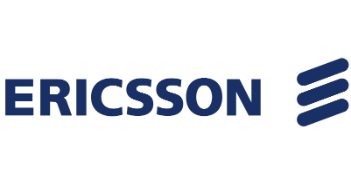Ulf Ewaldsson, SVP & CTO of Ericsson, spoke with RCR Wireless News recently about the role of standards such as those established by 3GPP, TM Forum and others, and the implications of a changing telecom market for the use of and development of standards.
The telecom industry and IT are increasingly merging. Telecom has had a traditionally strong, vertical emphasis on formal standards, whereas IT has taken a de facto, layered approach to standards that is faster, Ewaldsson said. Standards will continue to be necessary going forward, and Ericsson is a significant contributor to standards bodies while increasing its involvement in open source development, he added.
“We need some standards, but we need to make sure that we don’t over-standardize so we slow down the development of the industry and not make it as relevant as we want to be,” Ewaldsson said. “We can use new ways of solving problems – open source is one very important, but there are more.”
Ericsson has been participating and supporting the development of the Open DayLight Project for development of common, open APIs for network function virtualization.
Watch more video interviews on the RCR Wireless News YouTube channel, and check out our recent webinars on topics that include VoLTE testing, indoor network testing, women in the wireless workforce and more.

Ericsson on the future of standardization
ABOUT AUTHOR
